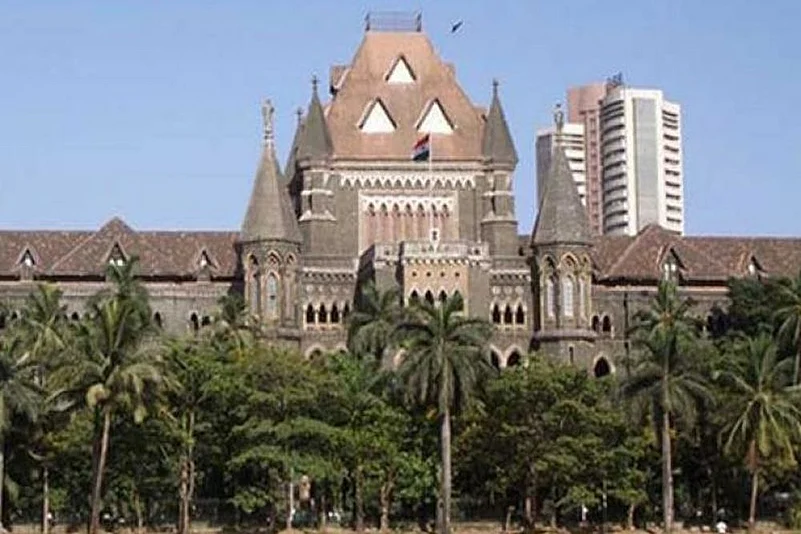The Bombay High Court on Tuesday refused to discharge a man from a rape and cheating case registered against him by a Marathi actor, noting that there were sufficient grounds to initiate trial against him.
A single bench of Justice N J Jamadar dismissed the petition filed by Siddharth Banthia, who claimed innocence arguing that his relationship with the actor was consensual and the alleged marriage between them was just a film shoot and not real.
According to the actor, she met Banthia in 2008 and they got married in July 2010. In September 2010, a woman informed the actor that she was Banthia's legal wife and they had two children.
When the actor confronted Banthia, he showed her forged and fabricated documents, claiming that he had divorced his first wife. A year later, the actor learnt that the divorce papers were fabricated and she lodged an FIR against Banthia in Pune on the charges of cheating and rape in 2013.
Opposing Banthia's discharge plea, the actor's advocate Aishwarya Kantawala argued that despite being a married man, the accused made the actor believe that she was his legal wife and got her consent for a physical relationship. Hence, this cannot be considered as a consensual relationship.
Justice Jamadar, in his order, noted that there was enough material and evidence to show that a marriage ceremony had taken place between the complainant and the accused.
“Indeed, it is a matter for trial,” the court noted. The court while accepting Kantawala's arguments said Banthia was aware that he was not legally married to the complainant and that the consent (for physical relation) was given under a mistaken belief.
“In the case at hand, the petitioner (Banthia) allegedly solemnised the marriage with the prosecutrix (actor), during the life of his first wife. Thus, this marriage was void. The petitioner knew that he is not the husband of the prosecutrix and yet had physical relations with her,” Justice Jamadar said.
Prima facie, the case of rape under section 376 of the Indian Penal Code (IPC) is made out and there are sufficient grounds to proceed against the petitioner, the court said, dismissing the plea.
-With PTI Input


























